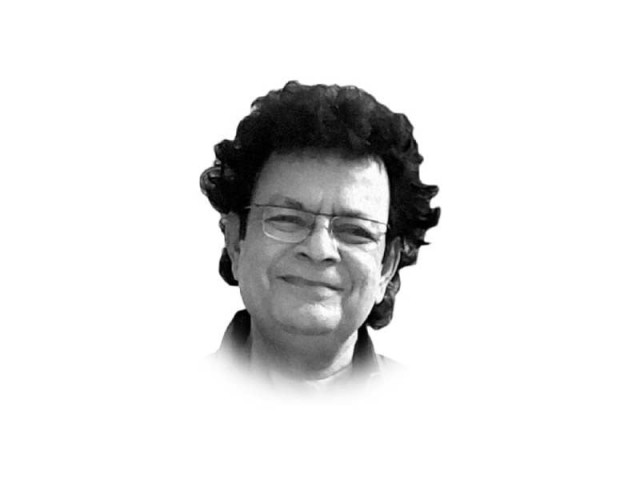The last freedom of humans
The limits and parameters of your life are set and you can’t do much about it

Viktor Frankl was a determinist raised in the tradition of Freudian psychology, which postulates that whatever happens to you as a child shapes your character and personality and basically governs your whole life. The limits and parameters of your life are set and you can’t do much about it.
Frankl was also a psychiatrist and a Jew. He was imprisoned in the death camps of Nazi Germany, where he experienced things that were so repugnant to our sense of decency that we shudder to even repeat them. His entire family, except his sister, perished in the death camps. Frankl himself suffered torture and innumerable indignities, never knowing from one moment to the next if his path would lead to the ovens or if he would be among the ‘saved’. One day, naked and alone in a small room, he began to become aware of what he later called ‘the last of the human freedoms’ — the freedom his Nazi captors could not take away. They could control his entire environment, they could do whatever they wanted to his body, but Frankl himself was a self-aware being who could look as an observer at his every involvement. His basic identity was intact. He could decide for himself how all of this was going to affect him. Between what happened to him, or the stimulus, and his response to it, was his freedom or power to choose that response.
It is our willing permission, our consent to what happens to us that hurts us far more than what happens to us in the first place. Once in Sacramento when Stephen R Covey was speaking on the subject of proactivity, a woman in the audience stood up in the middle of his presentation and started talking excitedly. It was a large audience, and as a number of people turned to look at her, she suddenly became aware of what she was doing, grew embarrassed and sat back down. But she seemed to find it difficult to restrain herself and started talking to the people around in excitement. Covey could hardly wait for a break to find out what had happened. When it finally came, he immediately went to her and asked if she would be willing to share her experience.
“You just can’t imagine what’s happened to me!” she exclaimed. “I’m a full-time nurse to the most miserable, ungrateful man you can possibly imagine. Nothing I do is good enough for him. He never expresses appreciation; he hardly even acknowledges me. He constantly harps at me and finds fault with everything I do. This man has made my life miserable and I often take my frustration out on my family. The other nurses feel the same way. We almost pray for his demise. And for you to have the gall to stand up there and suggest that nothing can hurt me, that no one can hurt me without my consent, and that I have chosen my own emotional life of being miserable. Well, there was just no way I could buy into that. But I kept thinking about it. I really went inside myself and began to ask if I have the power to choose my response and realized that I do have that power. When I swallowed that bitter pill and realized that I had chosen to be miserable, I also realized that I could choose not to be miserable. At that moment I stood up. I felt as though I was being let out of San Quentin. I wanted to tell the whole world that I am free! I am let out of prison.”
The moral is: we are all also our own prisoners. We have been suffering for the last 76 years without any guilt or sin. Will we ever be able to break free from this prison and stand up for ourselves?
Published in The Express Tribune, March 20th, 2024.
Like Opinion & Editorial on Facebook, follow @ETOpEd on Twitter to receive all updates on all our daily pieces.













COMMENTS
Comments are moderated and generally will be posted if they are on-topic and not abusive.
For more information, please see our Comments FAQ